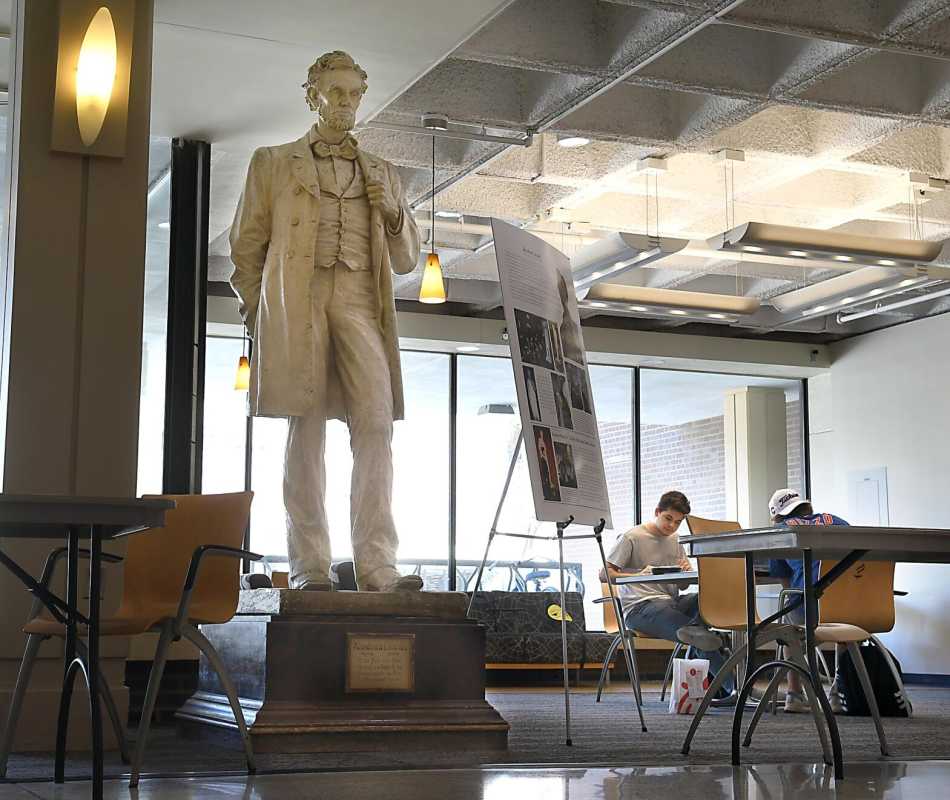Education
Former Administrator’s Death Sparks Controversy at Lincoln University

A historically Black college and university is mourning the death of one of its former administrators, and some alumni say racism was at play and the institution’s president is to blame.
Antoinette “Bonnie” Candia-Bailey was the vice president of student affairs at Lincoln University of Missouri, an HBCU in Jefferson City. Candia-Bailey, who was Black, died by suicide on Monday. According to Sherman Bonds, the president of Lincoln’s National Alumni Association, she’d recently been fired.
Now, the university’s board of curators, its governing body, is conducting a review of its president, John B. Moseley. Moseley, who’s white, “has volunteered to be placed on paid, administrative leave while that review is conducted,” the board’s statement says. The board plans to hire a “third-party expert” to do the probe.
“As a Board, we are committed to make certain the mental health of Lincoln University employees is a priority and that every employee is always treated with dignity and respect,” said Board of Curators President Victor Pasley in a statement. “The Board has confidence in the leadership team we have at Lincoln, but as we all work together to serve students and the Lincoln University community, this review will fully examine important questions, concerns and gather facts. Dr. Moseley agrees those issues should be examined and has volunteered to go on leave during the review so that it can move forward in a fully independent way.”
In her email sent in the early hours of Jan. 8, which included in it previous email threads, Candia-Bailey referenced her mental health struggles and accused Moseley of “intentionally” harassing and bullying her. Candia-Bailey, a Lincoln alumna who joined the university last May, described scenarios in which she was set up to fail as an administrator.
The email says she received a 36 out of 100 on a November 2023 professional evaluation despite regularly working after-hours and not receiving examples of why her marks were so low. “Lincoln is where it started for me and where it ended,” she wrote.
Candia-Bailey’s aunt, LaDonna Candia-Flanagan, confirmed in an email to USA TODAY Friday that the cause of death was suicide.
The Lincoln and broader HBCU communities are reverberating with testimonials about the positive impact Candia-Bailey had, with many highlighting the racial dynamics at play. Social media posts with the hashtag #firemoseley and #justiceforbonnie question why a white man oversees a Black college and describe the mistreatment Candia-Bailey allegedly endured as a Black woman.
Chazz Robinson, an education policy adviser at the think tank Third Way, met Candia-Bailey several years ago as a doctoral student still finding his way in the world of academia. Having grown up in a working-class family, raised by a single Black mom, he lacked the connections and money many of his peers enjoyed and frequently questioned his own worth. But Candia-Bailey, then an administrator at a small college in Massachusetts, encouraged him to participate in a panel comprised of scholars more experienced than him, and ensured he got paid for his time.
Bonds, the national alumni association president, agreed that Candia-Bailey’s death should prompt change, and said he’d been concerned about Moseley’s leadership since he was appointed in early 2022. “The present administration has become a liability to the mission and health of the institution,” he wrote in a Jan. 9 letter.
Wilmore, a history professor and sports coach who now lives in South Carolina, highlighted the camaraderie of the Lincoln community, and how its alumni have consistently come together in moments of grief. “It seems like every year we’re losing a family member,” Wilmore said. But through it all, “Lincoln has always stuck together, Lincoln has always been family-oriented. … And whenever the family is targeted and done wrong, we tend to back that family member up.”
Follow her on X at @aliaemily.












